Lakes are found all around the world. On every continent, you can find a lake and there are millions located on our planet. You can find them in all environments, in deserts, great plains, and mountains. In this article, we will look at “what are the uses of lakes” and what role they play in the ecosystem.
What is a lake?
Lakes are a body of water that is surrounded by land. They are made up of water that comes from different sources, such as rain and snow. They vary in size and shape, some small enough to fit in your back garden and some two kilometres deep.
How are lakes formed?
There are different ways lakes are formed . Naturally, glaciers can form lakes. After millions of years worth of advancements, glaciers leave behind land depressions which lakes will then fill up. Landslides and the movement of tech-tonic plates can also create changes in the landscape which can form lakes.
Where are lakes most common?
You’ll find the majority of freshwater lakes in the Northern Hemisphere. Canada has an estimated two million lakes alone.
Lakes are most commonly freshwater and there are lakes at all different elevations. Most freshwater lakes on Earth are found in Northern areas of the Northern Hemisphere, Canada, for example, is estimated to have around 2 million lakes.
The most common continents to find lakes are in North America, Africa, and Asia. These continents host around seventy percent of the total lakes in the world. You can even find lakes underneath ice sheets in Antartica.
But what benefit do they have to us? Well, you would be surprised at how useful they actually are.
What are the uses of lakes?
Agriculture
We use lakes in ways you may not have considered. They are a vital part of the water cycle, the system where water travels and is used. Lakes provide a place for water to collect and be stored. With their depths, water can run into a lake and stay for a period of time. Water from rivers and streams flow into lakes.
Farmers make use of lake water to irrigate their crops. Water is vital for the production of crops, without this water we wouldn’t be able to feed the world and keep the supply of crops needed to sustain our ever growing population.
The Great Lakes in North America is a region known for its agriculture and farming. It is the perfect place to grow crops and the area is one of the biggest producers of crops each year. The fertile lands create an ideal condition for crops, especially corn, hay, dairy, and soybeans. The Great Lakes lands provide nearly fifteen percent of the country’s dairy needs. When talking about sales, this lake area is a money maker. Over fourteen billion dollars worth each year is produced by the crops and livestock this land is known for.
When lakes do eventually dry up, they leave layers of fertile alluvium which makes a rich bed for farmers to start growing crops. Lakes are really useful for agriculture in many ways, making them a booming business.
Economic use
Lakes can have plenty of economic uses. Lakes can be used as a way of communicating, especially in earlier times. When travel was mainly done by waterways, relationships and colonies would use water as a way of travelling a long distance. For example, in The United States, the Great Lakes were used as a way of transporting gold and iron ore.
Nowadays, lake systems serve as shipping routes and communication links. Plenty of cargo and supplies travel along rivers and lakes which are linked with shipping ports. Lakes have been instrumental and vital in the economic growth of cities and ports.
Lakes also provide a large number of industries that reap the benefits and thrive off them to create sufficient businesses. Fisheries and food companies use The Great Lakes as a way of catching quality fish and other animals. Lakes also provide an ideal land for growing certain crops. Plants and rice are two types of material you can grow by lakes.
Tourist destinations
Many people see lakes as a tourist destination. There are plenty of examples around the world of famous lakes that have now become a place of travel.
In England, one of the biggest tourist attractions is the Lake District. Lake Windermere is located in the Lake District and it is one of the biggest lakes in England. Studies have shown that nearly twenty million people visit the Lake District each year, with visitors spending close to one and half billion pounds. Tourism is a huge business and with lakes being stunningly beautiful, you can’t argue why people spend so much to come and visit them.
Lake Como in Italy is incredible with its winding lakeshore, it is dotted with ancient villages and exquisite villas. It is a renowned tourist destination in Europe and has grown to provide all other types of entertainment. You can get cruises to visit the stunning views, try windsurfing and water sports, or visit local farms to try Italian cheese and other delicacies.
Tourism is benefiting from lakes and they are becoming a great means of profit for countries. Beautiful hotels and spas are becoming major tourist attractions and lakes are the perfect destination. They offer stunning views which you can’t get in any old place.
For animals
Lakes are vital for wildlife and preserving ecosystems. Many different animals use lakes as breeding grounds and habitats. Lakes are the home of a huge number of species and organisms. Without lakes, many species wouldn’t have a habitat making lakes crucial in preserving wildlife.You can find fish, birds and many other species at lakes. Along the lakeshore, you will find many small animals like shrimp and frogs. They live and breed here using the plants as shelter. Different parts of the lake house different types of species. You’ll find bugs and insects on the surface, turtles will use rocks and floating plants as a place to live and of course, plenty of fish live underneath the surface.
Lakes are a hub for plenty of wildlife. They thrive off each other and live within the small ecosystem. Light reaching the lake will also provide plants to grow and flourish. These plants offer shelter for some animals and for others they provide food and nutrients. The balance of life here is very useful for these organisms to survive.
Climate
Big lakes have an effect on the climate which can be of use to farmers. As water from the lake doesn’t heat or cool as quickly as land does, the wind that blows from the lakes can keep the climate even. This is called the lake effect and cities such as Chicago benefits from this as it lies on Lake Michigan.
Farmers can also benefit from the lake effect. When the season changes from summer to autumn, lake winds blow warm air over the land and crops keeping the temperature higher. This means farmers get an extended summer and more time to grow crops, even through colder seasons. It also works for the earlier months too. Cooler winds from lakes can pause plant growth allowing for plants to avoid early-spring frost.
Can create housing
In certain areas in the world, lakes provide a place to create homes and shelters for civilisations. In the Andes Mountains, there are tribes called the Uros who are indigenous people. They live on the lave where they have everything they need to thrive. They have water, can hunt animals and catch fish to eat.
They can also grow crops by using the fertile lands surrounding the lake. The Uros use reeds to create floating platforms to build islands. On these islands, they can create houses and live comfortably living off the land and having a sustainable lifestyle.Creating power
In areas high up, lakes can be used to generate hydro-electric power. This is a sustainable way to create electricity and power a nation. Rather than using fossil fuels, lakes are a great way to cut down on emissions.
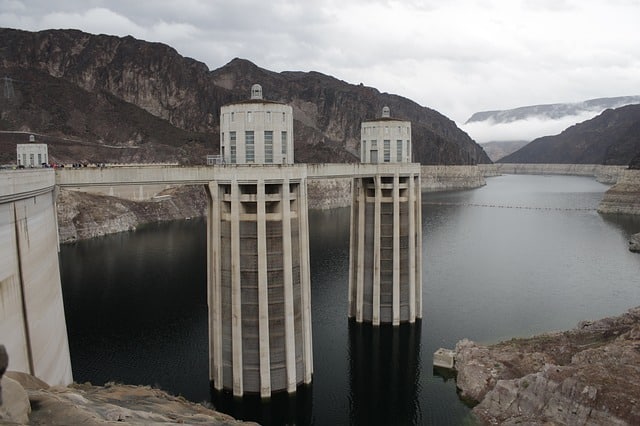
In Canada where we have a lot of lakes, they make use of lakes to generate power. There are power stations located on the Niagara River which flow from Lake Ontario and Lake Erie. There is lots of water all year round so Canada makes use of it in a good way.Source of Food
As mentioned earlier, lakes are a hotbed for organisms and many food chains exist on lakes. Humans can make use of these lakes to gather not only crops but great sources of nutrition.
We know fish can be caught in lakes. Fish are a fantastic source of protein and fats. We can benefit from freshwater fish which are caught in lakes. Salmon is a very nutritious type of fish which we can catch and eat.
It also creates jobs for fishermen and sea captains. We just have to be careful and mindful of how much we catch and that we don’t disrupt natures eco-system. In certain Asian countries, artificial lakes have been built to create a sustainable source for fishing. This is a way to get around this, but also creates an industry.
Source of minerals
Plenty of rich minerals can be found in lakes. Salts are a great mineral which humans can use for well-well- being and be used in cooking. We can get salts from lakes, in the Mojave Desert we can mine Borax in the salt lakes. Also in the UK, we can mine gypsum and in Germany, they mine chemical deposits which are used in the chemical industry. Again, jobs and industries are being created from lakes.
Stops flooding
In recent times, specific regions have man-made lakes to help with rising flood numbers. Areas highly susceptible to flooding have come up with a clever way to prevent floods. In the Far East, we have seen governments try out this method and had great success.
The water that was collected in the lakes would then have further use of replenishing groundwater levels which is a fantastic way to help the country. Smart techniques like this are genius and showing that lakes can be used to protect as well.
Plenty of uses, plenty to protect
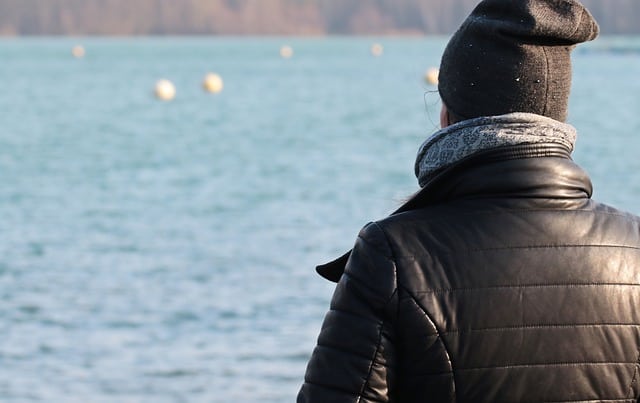
With all of the uses stated above, we also need to be careful we don’t abuse these wonderful lakes. Not only can we destroy them, but it can have a knock-on effect. We have to recognise there are lots of benefits to these great natural wonders and we must protect and sustain them for future generations.
Wildlife can be effected, eco-systems and food chains can be completely disrupted. This can completely destroy and wipe out different species and change the outcome of our planet. Not only in this one area, however, but this can also create a chain of events which can affect other areas.
With lakes being a great shipping route, oil spills and waste can have a toll on wildlife. It can wreak havoc on habitats and wildlife can die from poisoning. This can disrupt food chains and create irreversible damage. Droughts can also play a part in affecting our lakes.
This has happened before, so it should be noted as a risk. In the past, businesses have closed down due to lack of power which the lakes helped to provide. Areas along the Nile river are highly at risk to these problems and areas around the Himalayas rely heavily on lakes to produce power.
Lakes, as you can see, are one of natures wonders and with even new techniques we can create our own to prevent disasters. A wonder that we must protect and preserve.

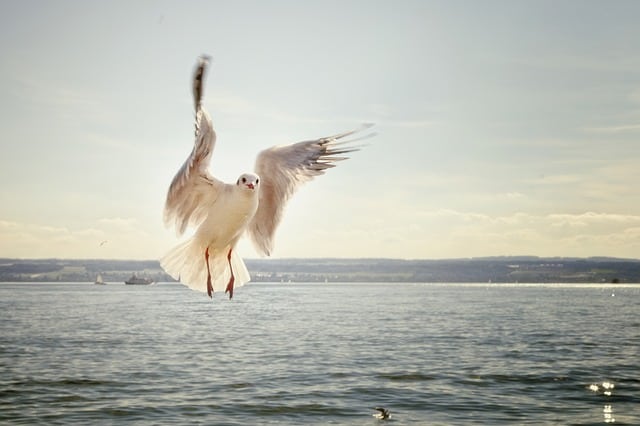
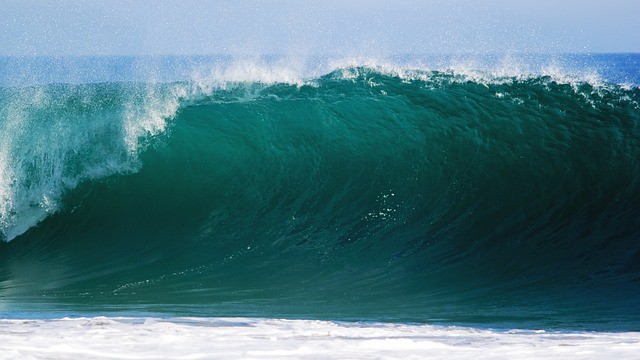
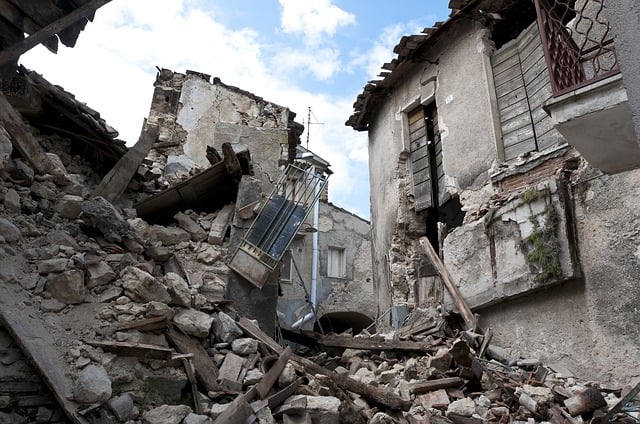
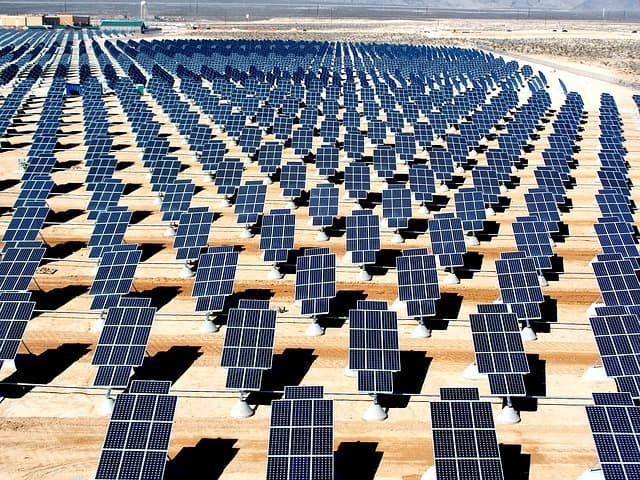
I found it interesting how you mentioned how lakes can be the venue to participate in many recreational activities without being hazardous to the environment. My wife and I are in the process of planning our family reunion and we want to make sure we reserve a venue that can keep everyone entertained without spending tons of money. I will keep this in mind as we search for an event service for lakes in our area!